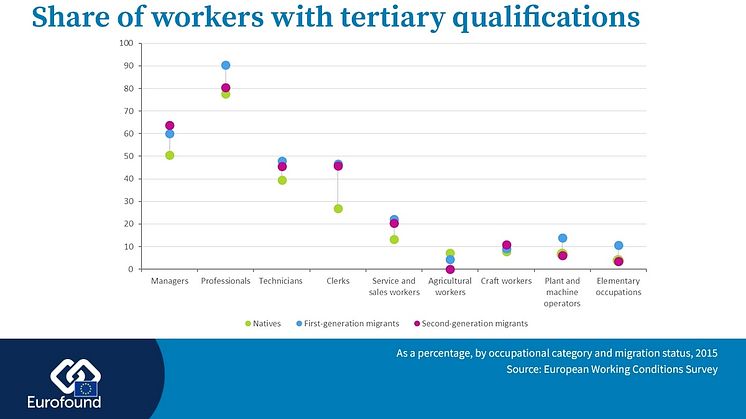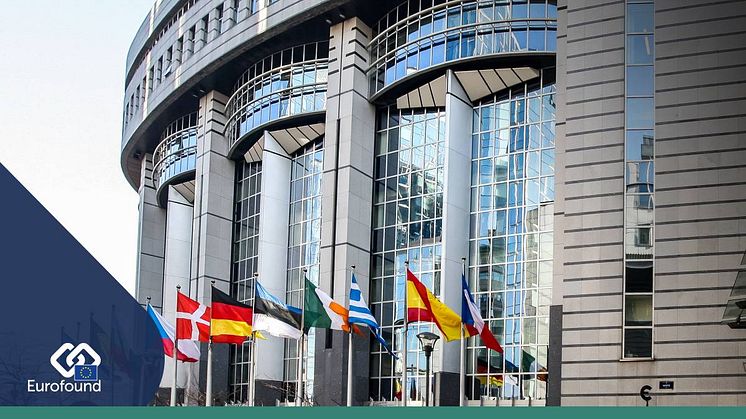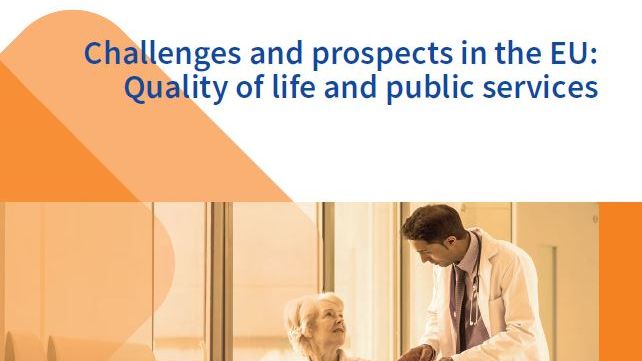
News -
Trust in EU one of highest in Romania and quality of public services increase to near EU levels
(Dublin, Ireland): In recent years there have been significant improvements to quality of life in Romania, with the perceived quality of public services increasing and the level of social exclusion declining – although it is still one of the highest rates recorded across the EU. Furthermore, Romania has one of the highest levels of trust in EU institutions and the level of tension between rich and poor is decreasing.
Since joining the EU, the perceived quality of public services has increased substantially, with the perceived quality of health services rising most significantly from 4.7 in 2011 to 5.9 in 2016 (on a scale of 1-10). Similarly, the perceived quality of the education system, childcare services, long-term care and social housing have all increased by almost one point during the same period. This implies that, even though the perceived quality of public services is lower in Romania than EU averages, the ratings are converging well towards EU28 levels, as identified in Eurofound’s recent research on convergence. These positive developments have gone hand in hand with improved life satisfaction, which has climbed from 6.1 in 2003 to 6.5 in 2016.
Romania has one of the highest levels of trust in EU institutions, with a considerably lower level of trust in national institutions, shown in Eurofound’s research on trust and social cohesion across the EU. Trust is an important indicator of the well-being of citizens, and the perceived quality of public services is a particularly strong determinant of trust, acting as the dominant medium through which individuals experience how the state functions. Therefore, it can be noted that the improvements to perceived quality of public services, since joining the EU, have had an impact on the high levels of trust in EU institutions.
Eurofound’s research on convergence shows that Romania has displayed one of the largest reductions in income inequality in the EU, which may be linked to increases to minimum wage – now standing at €410 per month. However, average wages are still far lower than other EU countries and in-work poverty levels in Romania continue to be some of the highest across the EU at 17.4%. The declining levels of inequality can be seen in the share of people struggling to make ends meet decreasing from 77% in 2003 to 66% in 2016, as shown in Eurofound’s European Quality of Life Survey (EQLS).
Overall, the perceived quality of all public services has increased and the share of people struggling to make ends meet has decreased, with tension between rich and poor has dropping from 52% in 2003 to 40% in 2016. However, Romania continues to report one of the highest shares of people at risk of poverty and social exclusion. The overall improvement to the perceived quality of public services is thought to have had a significant impact on Romania’s high level of trust in EU institutions.
Read more about living and working conditions in Romania here.







